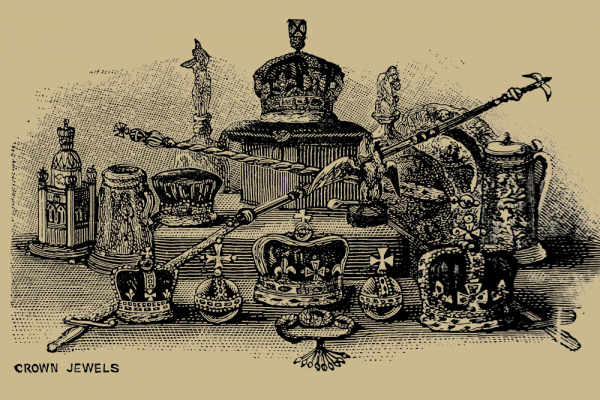RISHI SUNAK'S ASCENSION in October as British prime minister sparked celebration among some as he became the United Kingdom’s first nonwhite and non-Christian leader. Yet, this evolution comes with some awkwardness. The Church of England is an “established” church in which both monarchy and government play official roles. Sunak’s religious identity remains irrelevant for leading Parliament, but his status as a practicing Hindu would seem to impinge on his ability to discern which Anglican priests are best suited for leadership roles within the church hierarchy.
Raising this concern is not an argument that all prime ministers must be Christian — the U.K. rightly has no religious test for the role, as Sunak’s elevation demonstrates. But his ascension reveals a problem with not fully separating church and state. The Church of England now finds itself with a non-Christian in the ecclesial hierarchy. The roles of the monarch and prime minister in church affairs are in modern times more ceremonial than substantive, but Sunak reveals the problem with the entanglement both in principle and in practice.
RELATED: Barry Lynn Looks Back on 25 Years of Separating Church and State
Britain’s continued linkage of cross and crown is a vestige of old power arrangements that ultimately proved good for neither — and reminds us of one of the beautiful results of the democratic experiment that emerged with America’s independence from England. The U.S. Constitution explicitly prohibits religious tests for office and further separates church and state with the religion clauses of the First Amendment.
Yet, that critical concept of democracy finds itself under fire in the U.S. today. Many politicians want to eliminate church-state separation, taking us back to a model now so obviously out of sync with pluralistic democratic societies. In the U.S., conservative activists like David Barton, Tony Perkins, and Franklin Graham offer a toxic mix of bad history and poor theology to install their narrow version of Christianity in dominant political and policy positions. Political figures such as Pennsylvania’s Doug Mastriano, Gov. Ron DeSantis in Florida, and Supreme Court Justice Neil Gorsuch similarly push to dismantle healthy church-state separation.
In June, U.S. Rep. Lauren Boebert of Colorado even complained about “this separation of church and state junk” since “the church is supposed to direct the government.” Thus, she derided the idea of church-state separation as just coming from “a stinking letter.”
The “letter” she refers to is one President Thomas Jefferson penned to the Danbury Baptist Association in Connecticut on New Year’s Day 1802. He responded to the association’s excitement about his victory — the previous administration was led by a president who didn’t agree with church-state separation — by echoing Baptistic language previously found from figures such as Roger Williams, the English Puritan theologian who advocated religious freedom and “liberty of conscience” and founded what is today the state of Rhode Island. Since Jefferson believed in the principle of separation of church and state, we’re not suggesting he merely pandered but, like a good politician, he knew how to play to his audience as he praised the First Amendment for “building a wall of separation between Church & State.”
This experiment proved beneficial to both church and state. Christian bodies controlled by the state inevitably compromise their gospel witness and integrity. Without separation, the church cannot live up to Martin Luther King Jr.’s dream to be “the conscience of the state” instead of its master or servant. Meanwhile, states that govern pluralistic societies, while also privileging a particular tradition, face the impossible task of treating all citizens equally.
By definition, a theocracy can never function as a democracy. If one religion is privileged, then it leads to the disenfranchisement of those outside that faith, creating a religious test that strips some people of their citizenship. As Baptist minister John Leland argued in 1802, “Never promote men who seek after a state-established religion; it is spiritual tyranny — the worst of despotism. It is turnpiking the way to heaven by human law, in order to establish ministerial gates to collect toll. It converts religion into a principle of state policy, and the gospel into merchandise.”
More than 220 years later, we’re being reminded of the folly and danger of mixing church and state. Hopefully, we’ll hold the line in the U.S. and see progress in the U.K.

Got something to say about what you're reading? We value your feedback!






